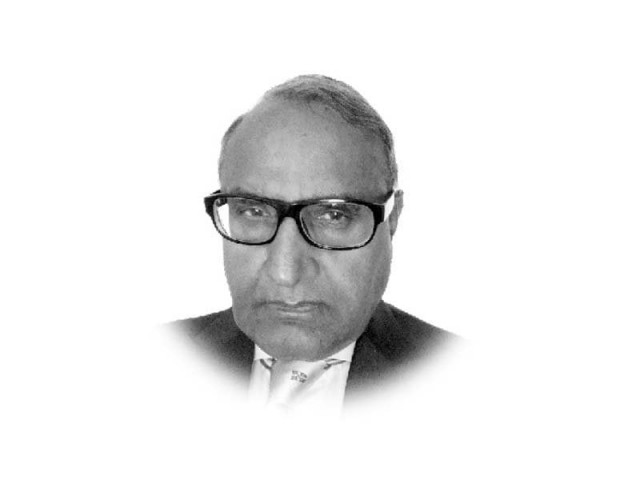Healthier under 7th NFC, 18th Amendment
A Covid-19 lesson is that population per bed continues to be much larger and poses a threat to our health sector

The writer is a senior political economist based in Islamabad
Not perfect by any means, the performance of the provinces has not been too bad either. With some variations, all provinces have shown professional leadership in the health sector and, informed by their proximity to reality on the ground, taken appropriate actions. The federal government woke up late to play its part of providing imported equipment. The provincial efforts have been reinforced by the greater priority accorded to health spending after the 7th NFC and the 18th Amendment. In the 2000s, the decade before these enactments, the annual average spending was a mere 0.6% of GDP. It had been steadily declining from 0.8 and 0.7% of GDP, respectively, in the 1980s and the 1990s. In 2009-10, the year before the 7th NFC award became operational, health spending fell to an historic low of 0.5% of GDP. Since then, the trend has been reversed. The enlargement of the provincial share in the federal divisible pool under the 7th NFC award to 57.5%, the abolition of the Concurrent List under the 18th Amendment making the subject of health an undiluted responsibility of the provinces and the guarantee under the same amendment against any rollback of the provincial share of resources, have led to a steady increase in health spending. For the first time in the history of the country, it went above 1% of GDP in 2017-18 (1.2%) and 2018-19 (1.1%). Learning from the experience of dealing first hand with the pandemic, health will likely move up further in the scale of financial priorities. Out of a total spending of Rs422 billion in 2018-19, federal contribution was a miniscule 6.4%. In the first nine months of the current year, federal spending is just Rs16 billion, development plus current.
Enhanced spending is the first step. The question is whether and to what extent the money is spent competently to achieve desired outcomes. Some positive vibes were picked up by a recent survey. Record based full immunisation has risen from 58% in 2013-14 to 68% in 2018-19. Infant mortality rate has come down from 65 per 1,000 live births in 2009-2011 to 60 per 1,000 live births in 2014-16. Neonatal mortality rate declined from 46 per 1,000 live births to 41 per 1,000 live births. In 2018-19, 84% women sought pre-natal consultations in their last pregnancy compared to 72% in 2013-14. As many as 71% of deliveries are being assisted by skilled birth attendants, 58% of these attendants being doctors. Post-natal care is sought by 33% women, still low but up from 29% in 2013-14. Against 96 in 2000s, 307 hospitals were added by 2018. A Covid-19 lesson is that population per bed continues to be much larger and poses a serious threat to our health sector in the face of a rising number of corona cases.
Published in The Express Tribune, May 8th, 2020.
Like Opinion & Editorial on Facebook, follow @ETOpEd on Twitter to receive all updates on all our daily pieces.















COMMENTS
Comments are moderated and generally will be posted if they are on-topic and not abusive.
For more information, please see our Comments FAQ